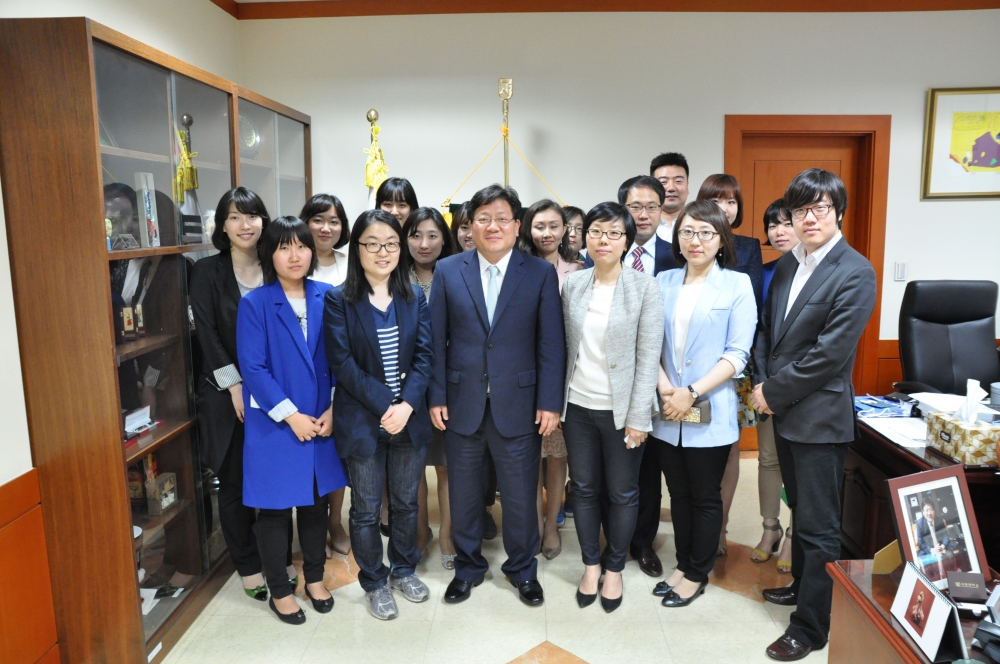
Overview
Laboratory Introduction
MGEL(Molecular & Genomic Epidemiology Laboratory)
MGEL(Molecular & Genomic Epidemiology Laboratory)
Our laboratory MGEL (Molecular and Genomic Epidemiology Lab) conducts research on the association between molecular markers (biomarkers; DNA, protein, etc.) and cancers. Molecular and genomic epidemiologic study for the cause and prevention of cancer are being conducted internationally and domestically. Further than allowing the development of quality research, MGEL also provides great opportunities for joint research and overseas research through active communication with foreign researchers. As head of MGEL, Professor Daehee Kang works along one research assistant professor, five graduate students, and domestic and foreign researchers in actively conducting research together.
Related Researcher
Research topics
MGEL's research main focus is genomic cohort research. It aims to follow up epidemiologic factors (life/eating habits, occupational/environmental factors, and genetic factors) of non-communicable diseases, including cancer, and to discover and verify relevant biomarkers. Among the diverse activities of our lab, a large-scale genomic cohort study started in 2004 becoming one of the largest in Asia with a population around 170 000 healthy Korean adults. Additionally, Professor Kang Dae-hee leads The Asia Cohort Consortium (ACC), a research group that has gathered cohorts from diverse countries, including Korea. ACC has built data on about 1 million Asians and is conducting various studies jointly with countries in the continent. MGEL’s second area of research is case-control studies. The characteristics of the Seoul Breast Cancer Study (SeBCS) and the Seoul Gastric Cancer Study (SGCS) patients are studied using the patient-control data constructed through cooperation between various domestic medical institutions, which include Seoul National University Hospital. In addition to basic epidemiologic characteristics, we are conducting research on gene-environment interactions related to cancer development and prognosis by identifying risk factors between the patient group and the control group through the candidate gene approach and GWAS method in the molecular genome unit.
Research goals
This large-scale genomic community-based prospective cohort study conducted among Korean adults is expected to make a significant contribution in identifying and preventing the causes of diseases occurring in Korean. In addition, we intend to prepare guidelines for cancer prevention tailored (tailored is good but also can use the word adapted) to individual and group characteristics, further contributing to the promotion of human health by actively researching in both domestic and international scopes.


